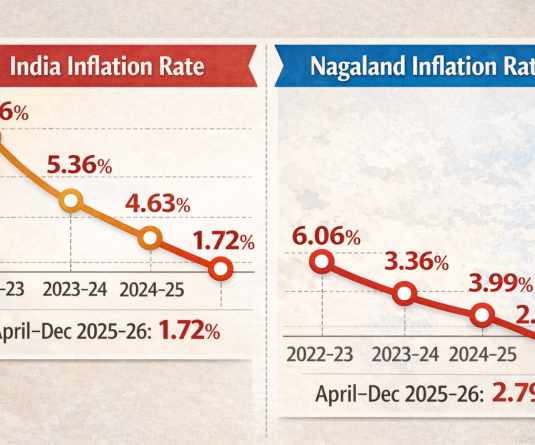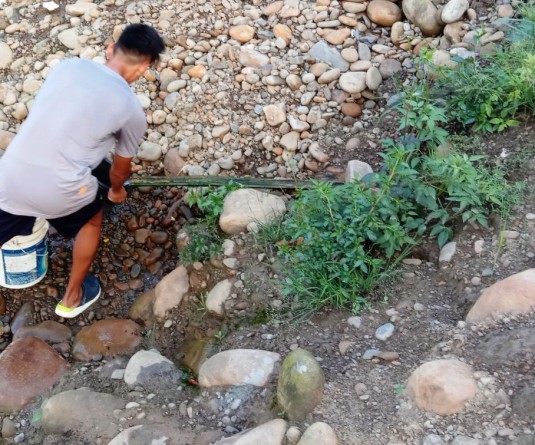Cabbage farm located on the bank of River Zunki in Tethuyo village under Kiphire district. (Morung Photo)
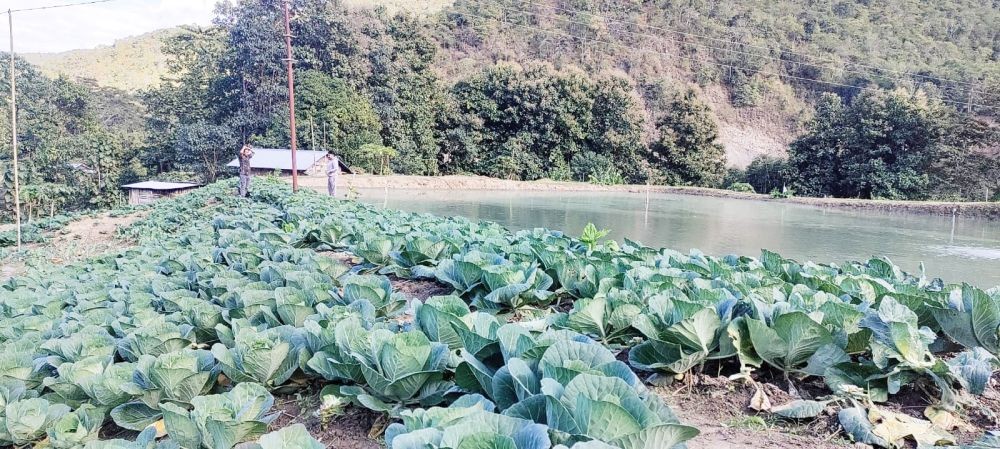
P Achumse Yingbithongru
Kiphire | February 19
In an effort to broaden agricultural practices and promote economic sustainability, farmers in Tethuyo village are transitioning from traditional Jhum cultivation and exploring unconventional yet lucrative crops.
Cultivation of fish, cabbage, and onions, accordingly, has emerged as three pivotal sectors, offering not only substantial yields but also making a positive contribution to the local economy.
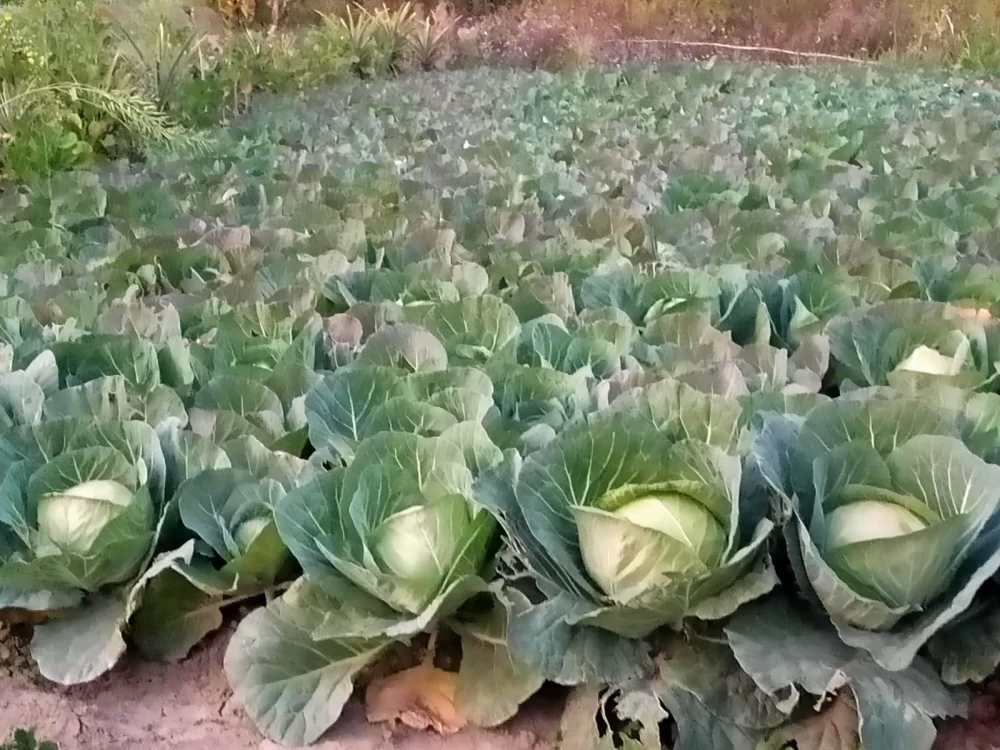
Steady & secured income
Sharing her experience about shifting from Jhum cultivation to fish, cabbage, and onion farming, Thsipenthsi informed that the income from selling the harvest has greatly enhanced her family's income. This has enabled her to look after her family and provide education to her children. She further recounted that although paddy farming met personal consumption needs, it did not generate monetary profit, as the harvest was insufficient for market sales.
On the other hand, fish, cabbage, and onion farming provide hard currency, she added.
Thsipenthsi maintained that the transition to innovative farming has greatly alleviated the plight of womenfolk in managing family income and budget, which otherwise were relegated to the traditional role of domestic work in the past.
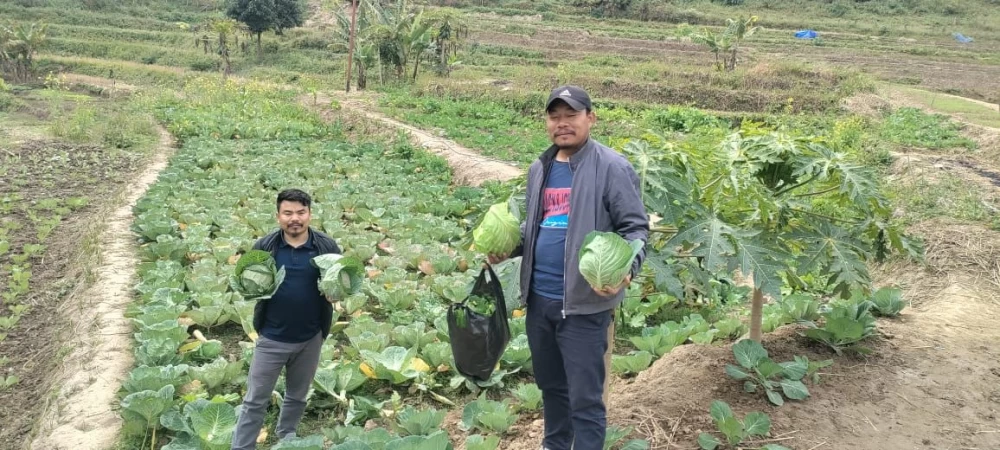
Preservation of forest
Thsenjumong GoanBura (GB) of Tethuyo village, meanwhile, maintained that diversification of farming has not only helped preserve the forest and environment but has also tremendously boosted the local economy.
Citing the disadvantages that jhum cultivation has on the forest and environment, he pointed out that it involved the clearance of jungle for agricultural activities every two to three years, as farmers cannot continue to farm in the same land due to a loss in the fertility of the soil.
This leads to huge destruction of the forest, the GB added.
However, he maintained that fish, cabbage, and onion farming not only address the environmental concerns linked to jhum cultivation but also offer more benefits with reduced labor costs and improved income through innovative and scientific farming methods.
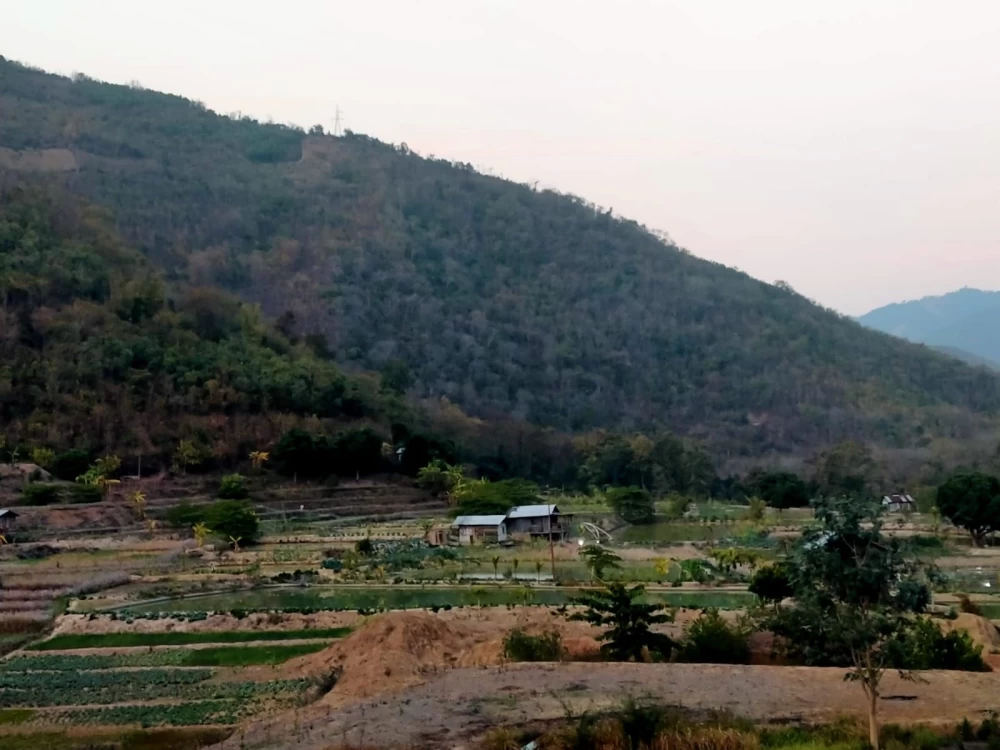
Post-harvest losses – A pressing issue
One of the most pressing issues faced by farmers of Tethuyo and Kiphire is post-harvest losses. Despite best efforts, a significant portion of the harvest often goes to waste due to non-availability of cold storage and transportation challenges.
Tethsolen, a progressive farmer, shared that while farmers from Tethuyo village harvest around 8-10 thousand kilos of cabbage annually, most of them are wasted due to a lack of storage facilities.
Cold storage facilities will provide a viable solution by extending the shelf life of perishable products, thereby reducing losses and maximizing the value of farmers’ hard work, he said.
He further added that cold storage facilities offer a level playing field to small-scale farmers, allowing them to compete more effectively in the agricultural marketplace.
Departments chip in
Meanwhile, Thsipenthsi informed that various government departments, especially the Land Resources Department (LRD), Kiphire, and Soil and Water Conservation, have extended help in digging ponds for fish farmers.
Such assistance is vital for farmers like her to have a sustainable income, she said. She also stated that the Agri & Allied department has provided various seeds to farmers for cultivation. However, Thsipenthsi pointed out that providing farmers with better seed quality would enable more production, as in the past, the seeds provided by the department did not yield harvest as expected.
For farmers to progress, departments are vital as seeds available in the market are too expensive, she added. The adoption of fish, cabbage, and onion farming, thus, has brought about a slew of economic benefits for farmers, besides creating employment opportunities within the local community.


